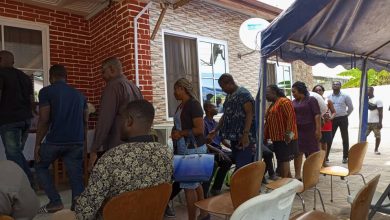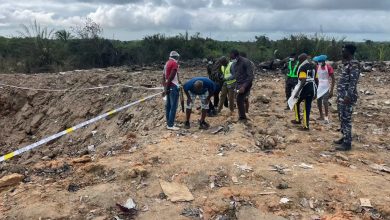Social Media Restricted In Ethiopia Amid Violent Protests Sparked By Church Rift
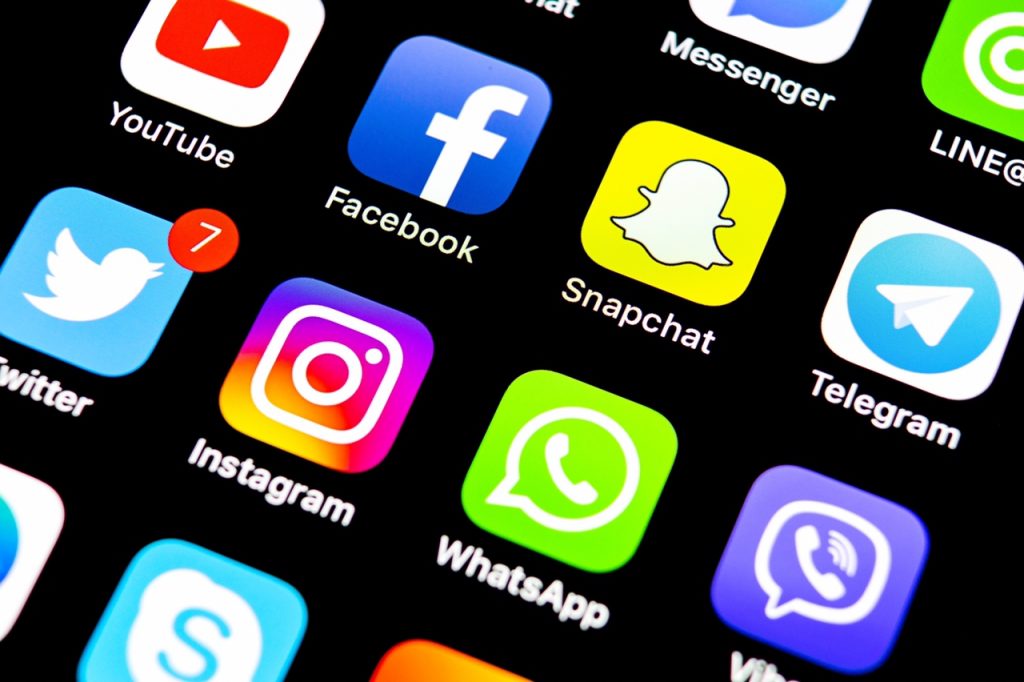
Following violent protests triggered by a rift within the nation’s Orthodox Church, the Internet watchdog NetBlocks reports that access to social media sites has been restricted in Ethiopia.
When three church officials last month proclaimed themselves archbishops and established their own governing body, protests broke out in the Oromia region.
While some protesters opposed it, others were in favor of it.
Access to Facebook, Messenger, TikTok and Telegram has been severely restricted, NetBlocks said on Twitter late on Thursday,February 9, citing network data it had collected.
The tweet came hours after the church announced that at least 30 people had died in the protest-related incidents since February 4.
After Prime Minister Abiy Ahmed asked his ministers to stay out of the dispute, the church issued a statement calling for demonstrations against the new governing body on Sunday.
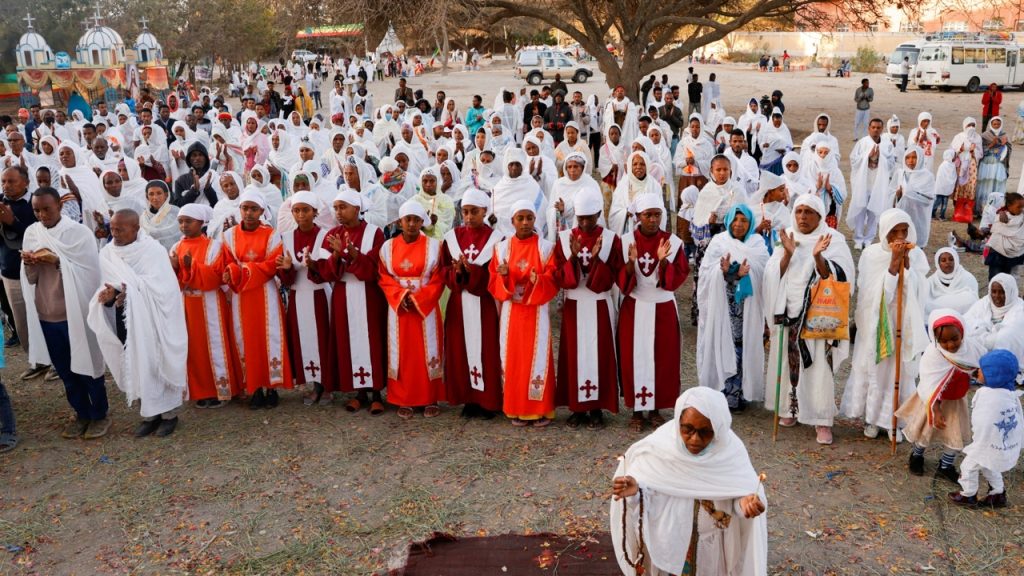
The church also accused the Ethiopian government of “meddling” in the church’s internal affairs.
The Orthodox Church, which is attended by more than 40% of the population, and the Ethiopian state have long maintained strong connections.
Previously, during times of political turmoil, Ethiopian authorities have shut down or restricted internet access, such in response to protests in 2020 that followed the death of a popular Oromian singer.
The Orthodox Church insisted that Sunday’s protests would take place and claimed that the government’s ban was “a declaration to destroy the church once and for all”
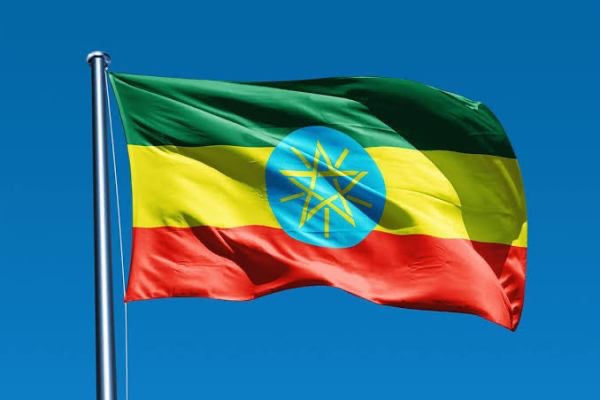
Oromia, home to Ethiopia’s largest ethnic group, the Oromo, has experienced violent conflict for many years, part of wider unrest in Ethiopia, a multiethnic country where power has long been contested between federal and regional authorities.
Author-Roberta Appiah




